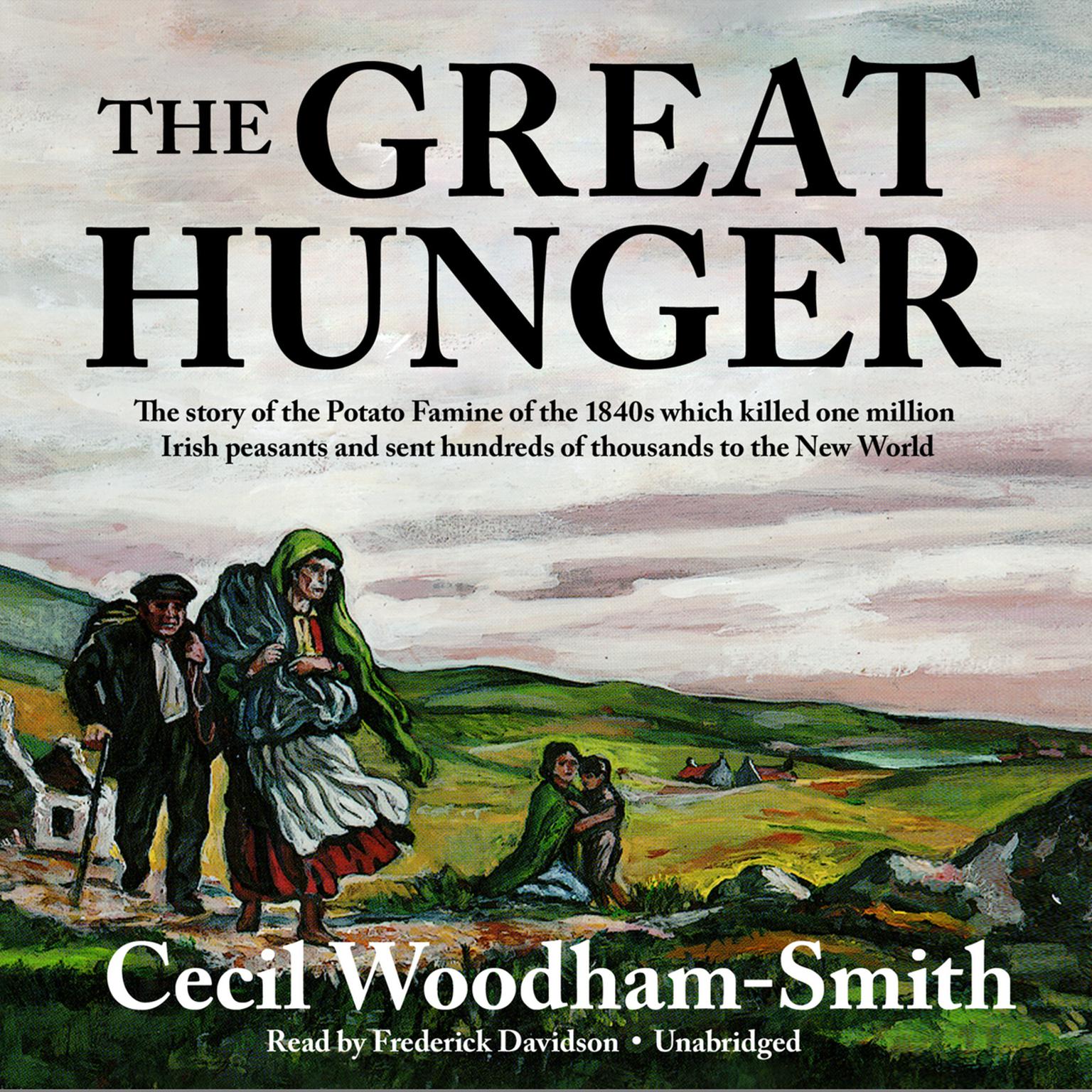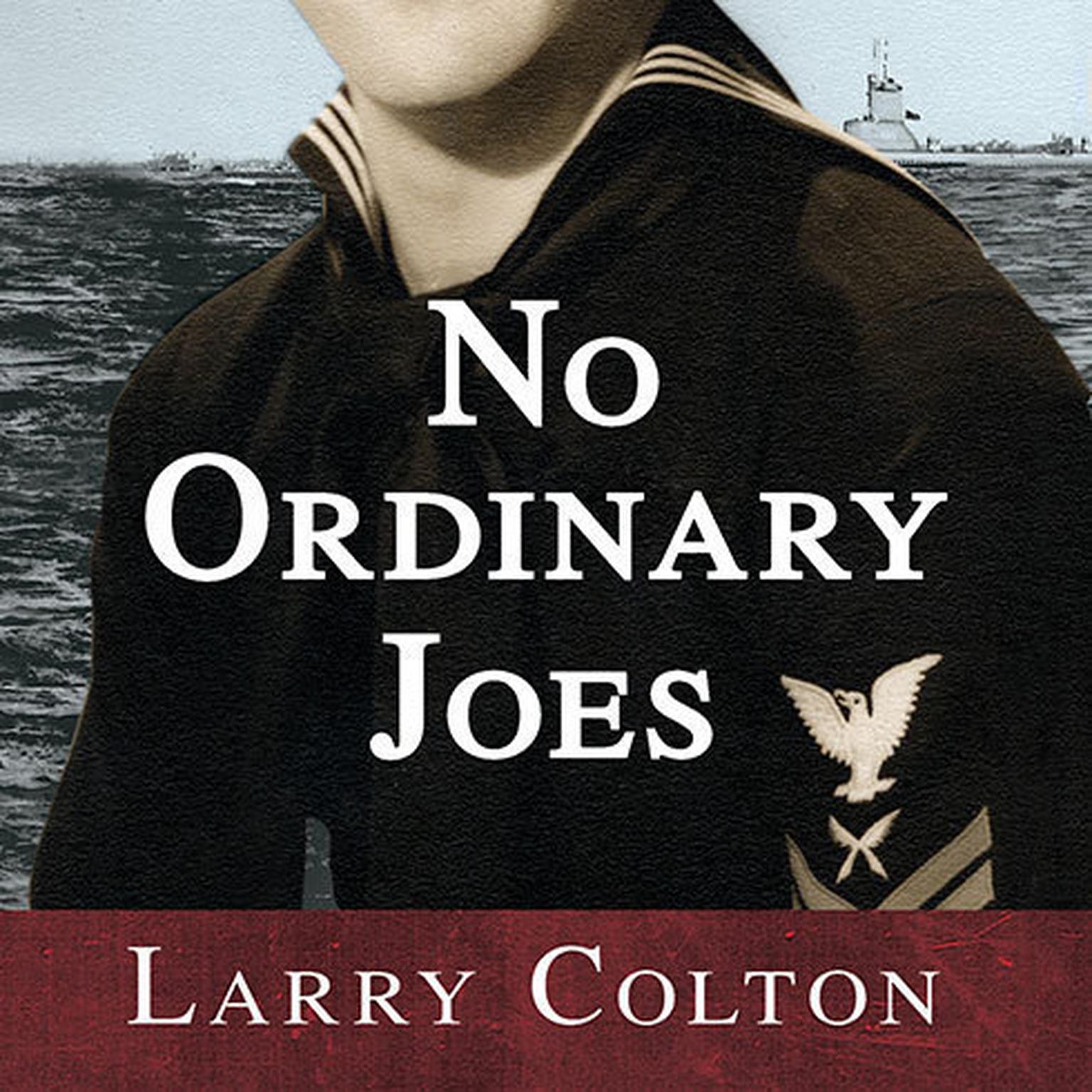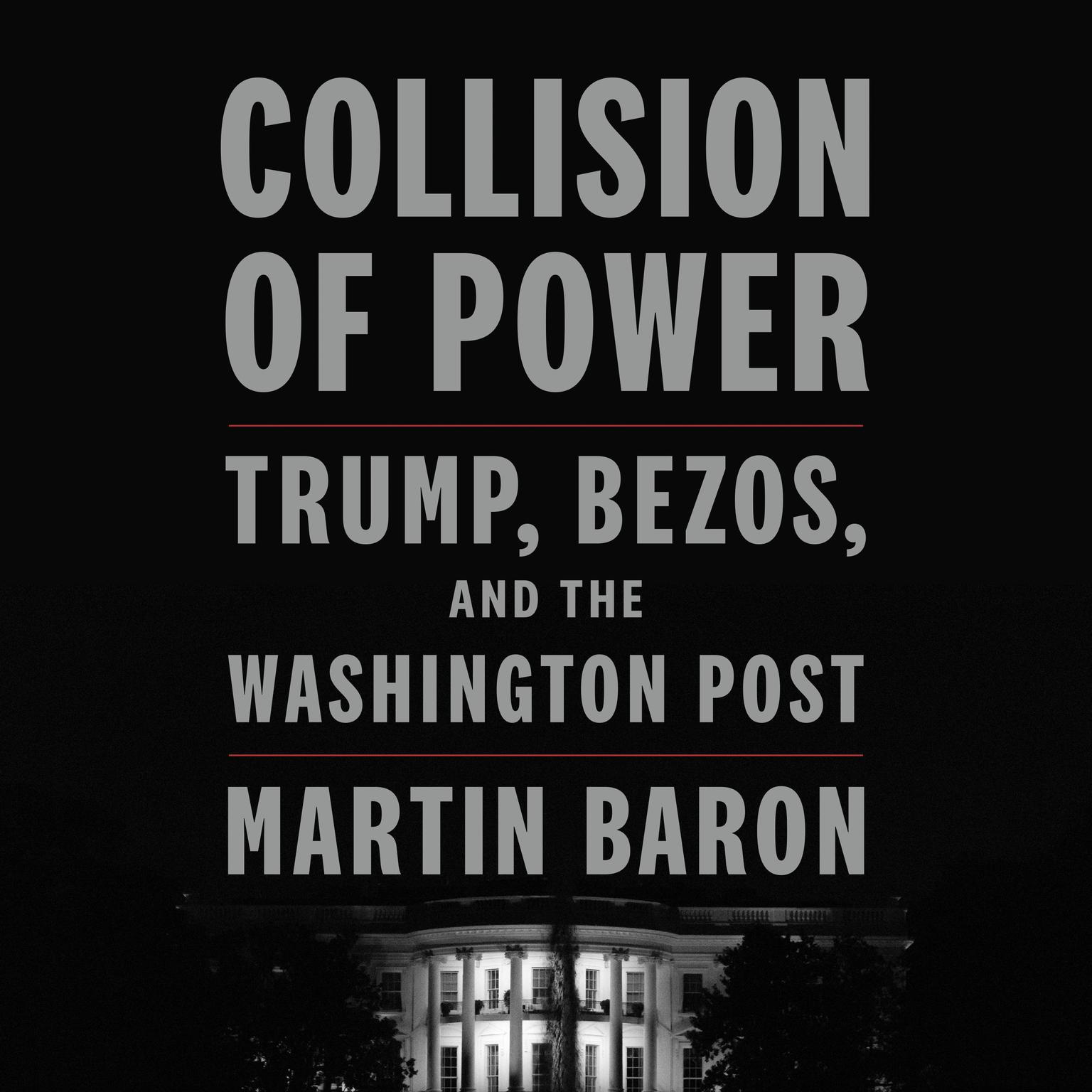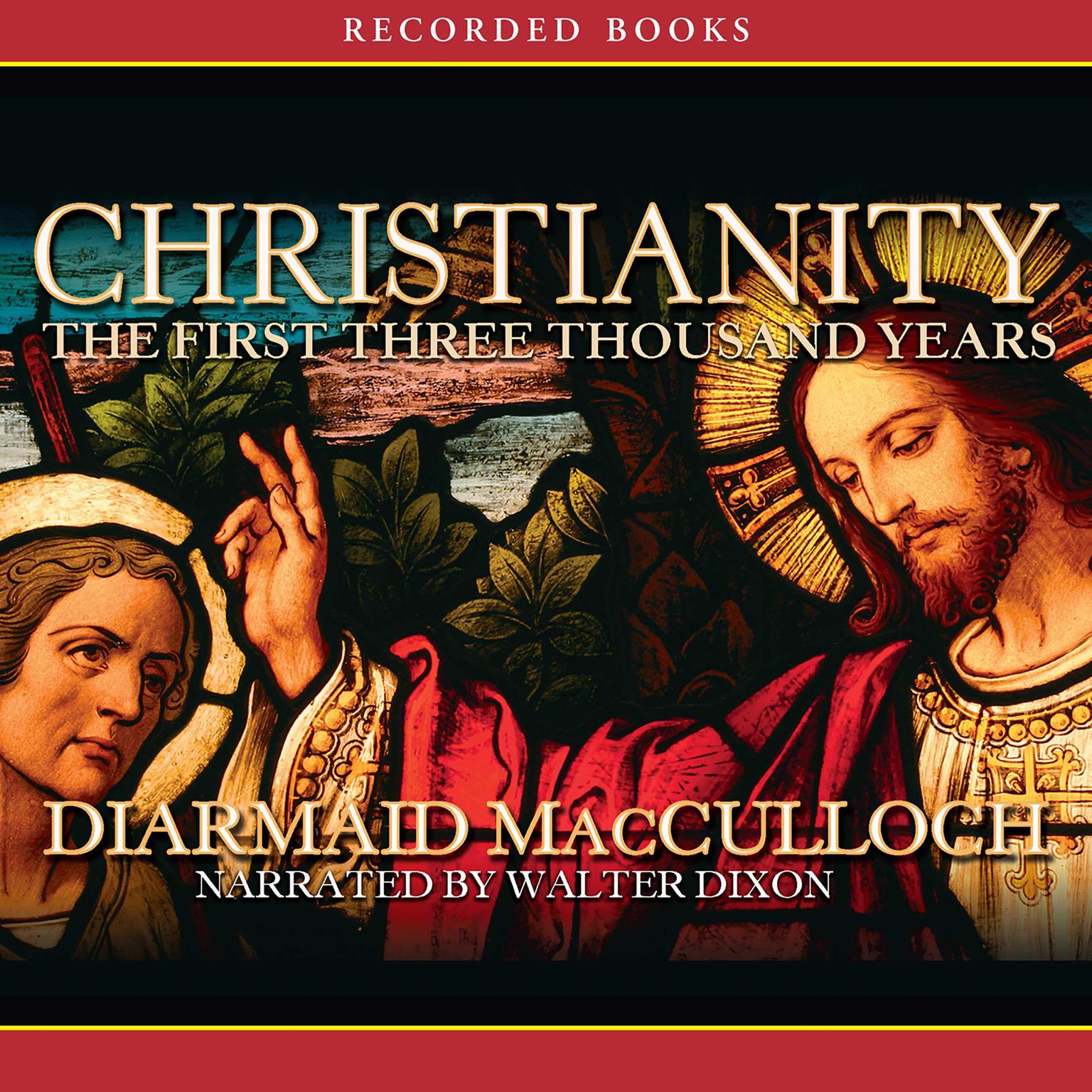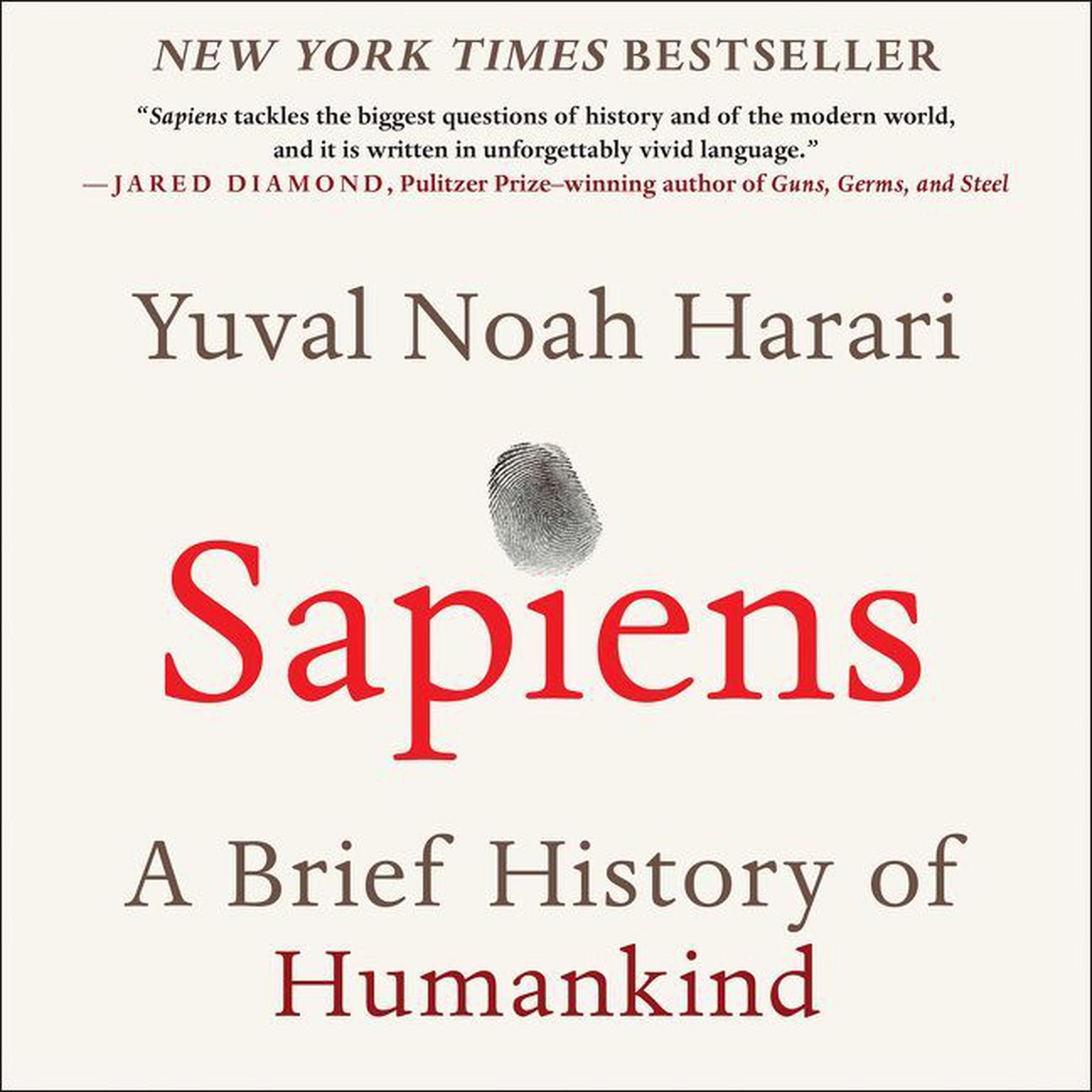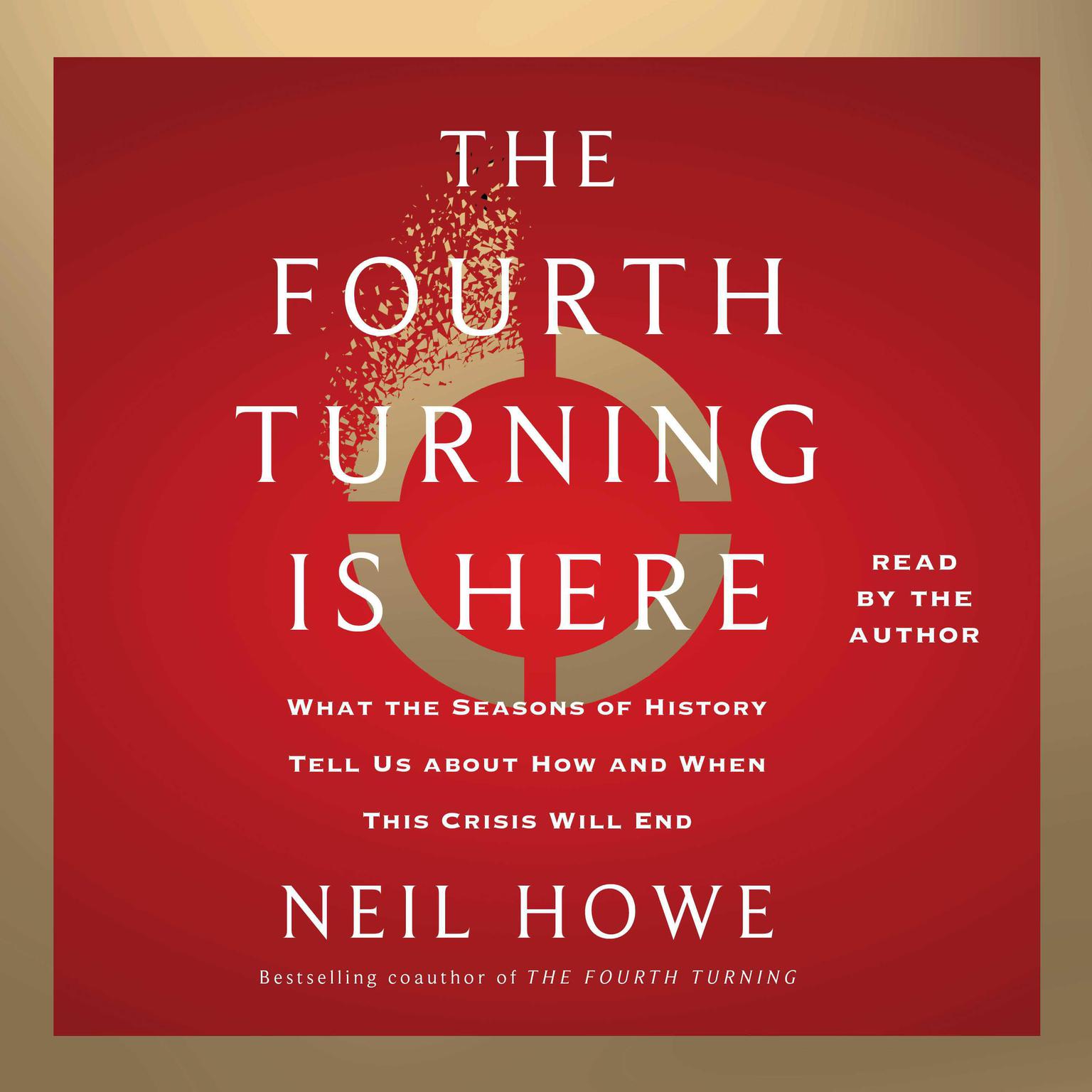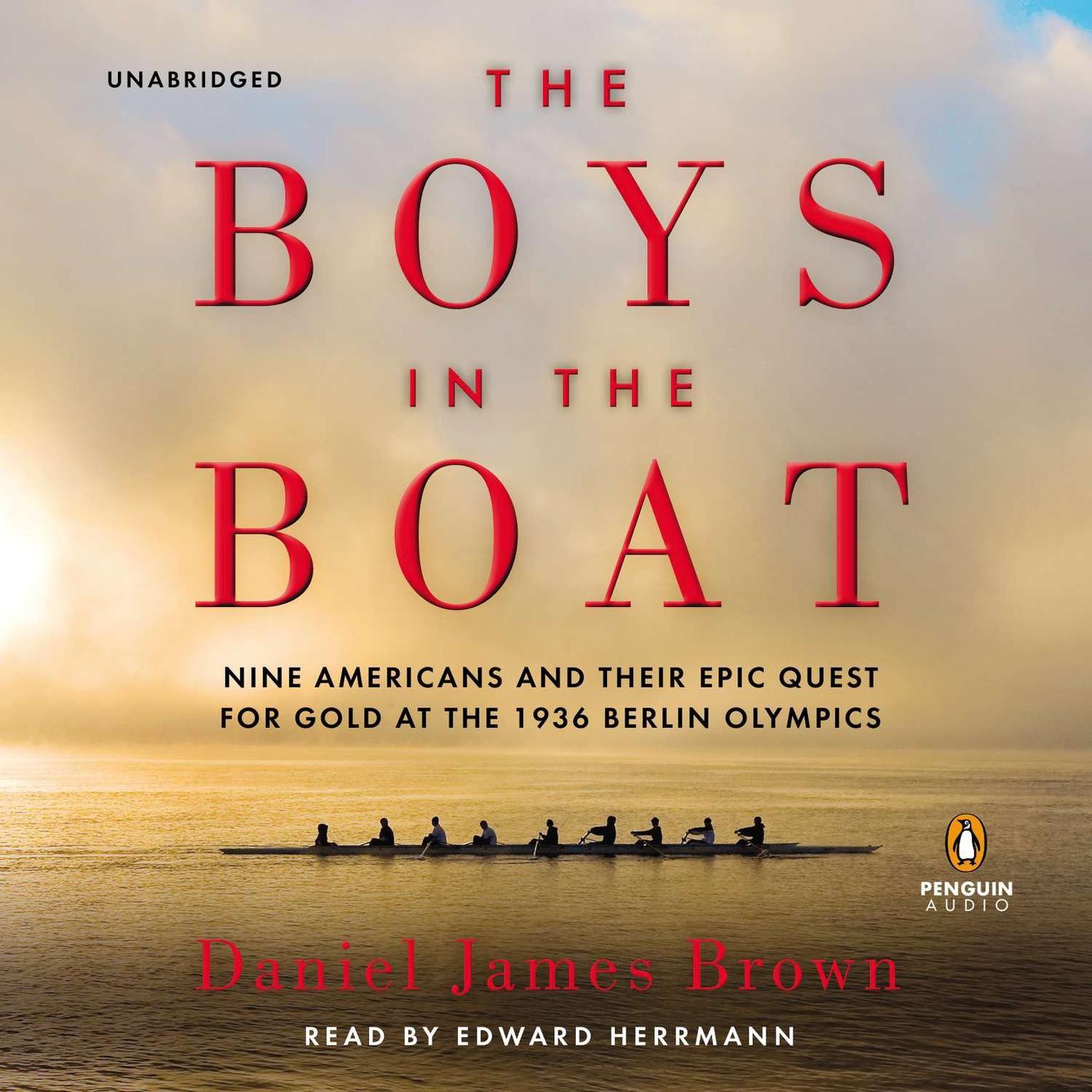Publisher Description
The Great Hungeris the definitive account of one of the worst disasters in world history: the Irish Potato Famine of the 1840s. Within five years, one million people died of starvation. Emigrants by the hundreds of thousands sailed for America and Canada in small, ill-equipped, dangerously unsanitary ships. Some ships never arrived; those that did carried passengers already infected with and often dying of typhus.
The Irish who managed to reach the United States alive had little or no money and were often too weak to work. They crowded into dirty cellars, begged, and took whatever employment they could get. Epidemics, riots, and chaos followed in their wake.
The Great Hungeris a heartbreaking story of suffering, insensitivity, and blundering stupidity; yet it is also an epic tale of courage, dignity, and—despite all odds—a hardly supportable optimism.
Download and start listening now!
“This is an older history of the famine (first published 1962), a good example of well-written general history. Its subject is, of course, thoroughly horrifying. What struck me as I read was how much history repeats itself and how little some learn from it. The Irish died not really because of the potato blight but because of insanely stupid laws governing land ownership and tenancy that were set up to benefit a tiny few and to exploit and degrade the many and were subsequently defended, even at the height of the famine, on the basis of the sanctity of private property and the untouchable profit of landowners (which their own shortsighted greed ultimately diminished or destroyed anyway); a grossly unequal distribution of wealth; contempt for Ireland, the Irish, and Catholicism, for a culture and a religion that were widely regarded as inherently backward and dangerous; and, above all, a blind faith on the part of government and the wealthy in the power of a free market and an insistence, in the face of all evidence and all common sense, that government intervention and assistance were always wrong (“government isn’t the solution to the problem; government IS the problem” sums up their ideology pretty well) because it distorted the market, reduced the incentive for private enterprise, and encouraged dependence instead of manly self-reliance (sound familiar?). The free market gospel was mean-spirited, self-serving idiocy then, and it’s mean-spirited, self-serving idiocy now. Perhaps this book should be required reading for complacent neo-cons now who spout the same slogans.”
—
Leslie (4 out of 5 stars)
